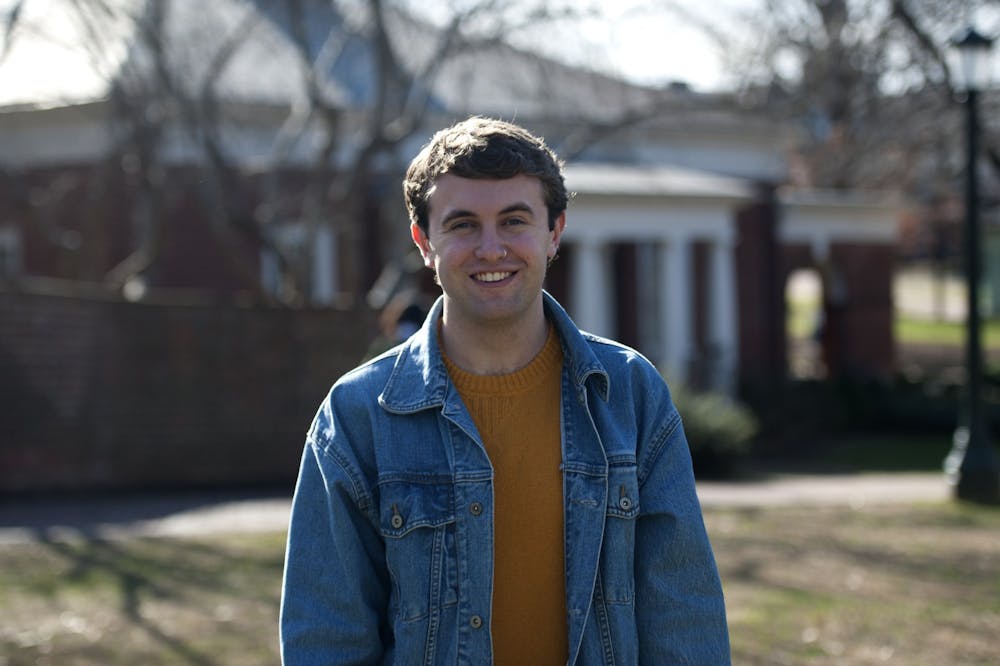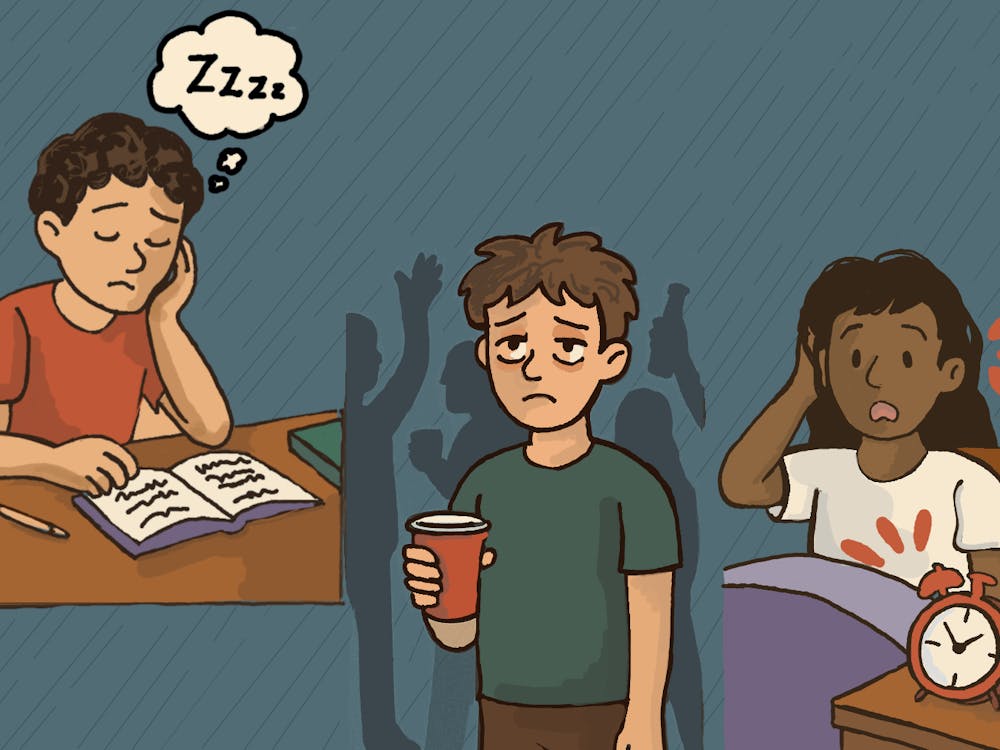When I was in high school, my life was dominated by Instagram. I went to events just for the photos and organized excursions of my own for the sole purpose of cultivating the perfect feed. I convinced myself that my Instagram was my art project, but in the back of my mind, I couldn’t help but worry that I would be compulsively presenting an idealized version of myself online for the rest of my life.
The truth behind my obsession with Instagram wasn’t buried far below the surface at all. I had always felt that if my life looked a certain way online — colorful, fun, fashionable, adventurous, wealthy, intellectual — then people would just assume that was my reality.
Even more unsettlingly, though, I had always felt that if my life looked a certain way online, then I could convince myself that I had everything together — that I was happy.
When more than a week went by without an experience transformed into a photo-op and exploited on my Instagram feed, I would start to freak out. I saw everybody else recreating another part of themselves online and felt like I was falling behind. When the pictures I did get weren’t precisely perfect, I freaked out just the same. At the time, I couldn’t decide which was worse — an imperfect representation or no representation at all.
Naturally, I went through periodical phases of social media cleanses when my obsession became too overwhelming. I thought that a quick break would give me a reality check and change my entire outlook on life, but as soon as I redownloaded the apps, I fell right back into that predictable pattern.
This was a vicious and unrelenting cycle for years, with a number of anxious nights spent flustered over my virtual appearance. Much to my dismay, my obsession carried over into college, and it didn’t get better by any degree. I still felt the need to prove how well I was doing to my old high school crowd, and I wanted my new college friends to think of me as exciting and glamorous.
But then one thing changed everything for me — COVID-19, the usual suspect of life-changing occurrences these days.
When the world slowed down, so did the extravagant Instagram posts. People weren’t going to any post-worthy events because they weren’t going anywhere. And without the need to live up to everyone else, I found myself taking a natural and much needed breather, much different from any cleanse I’d ever experienced.
I was quarantined in my childhood home, socially distanced from the social pressures which had been exhausting me for years. For the first time in what felt like forever, I felt fine on my own. I didn’t feel that nagging craze deep in my soul begging me to represent myself online as cleanly as possible. I didn’t need a publicized photo album to help myself or anyone else perceive my happiness and my health.
And that is the most refreshing realization I’ve ever had, one that greets me with a daily wave of peace to this day — life has value outside of online.
I still occasionally scroll through Instagram when I get bored, but I try not to let myself succumb to the urge to post any and all ordinary — or extraordinary — moments, or fall back into the habit of over-examining my old entries. I want to use social media to make me feel good and to interact with my friends. I want to use social media to educate myself and share what I’ve learned with others, and not just to serve my own image.
I don’t want to feel like I have to use social media to feed some obsessive anxiety or compete with myself and my peers. I don’t want my social media usage to define me — as I’ve learned, every post is manipulated, curated and inauthentic to at least some degree. Even a picture with no filter is a representation of some sort, and not a pure reflection of reality. A picture should be used to recall a cherished moment — it should never stand in for or take precedence over it.
To some extent, I think I will be attempting to beat back the grip social media has on me for the rest of my life, but as long as I’m aware of the negative aspects and the fact that there is is a real life outside of my screen, I feel confident in my capacity to keep more or less of a level head.
Unfortunately for anyone like me, social media is designed to be addictive. Social media companies rack our brains for as much attention as they can get. The odds are stacked against us, but it’s understandable when we fall prey to our cell phone’s clutches. There’s a life outside of our screens, however, and if we all look up at the same moment, we might catch one another’s eye and catch onto a life much greater than what we’re living now.







